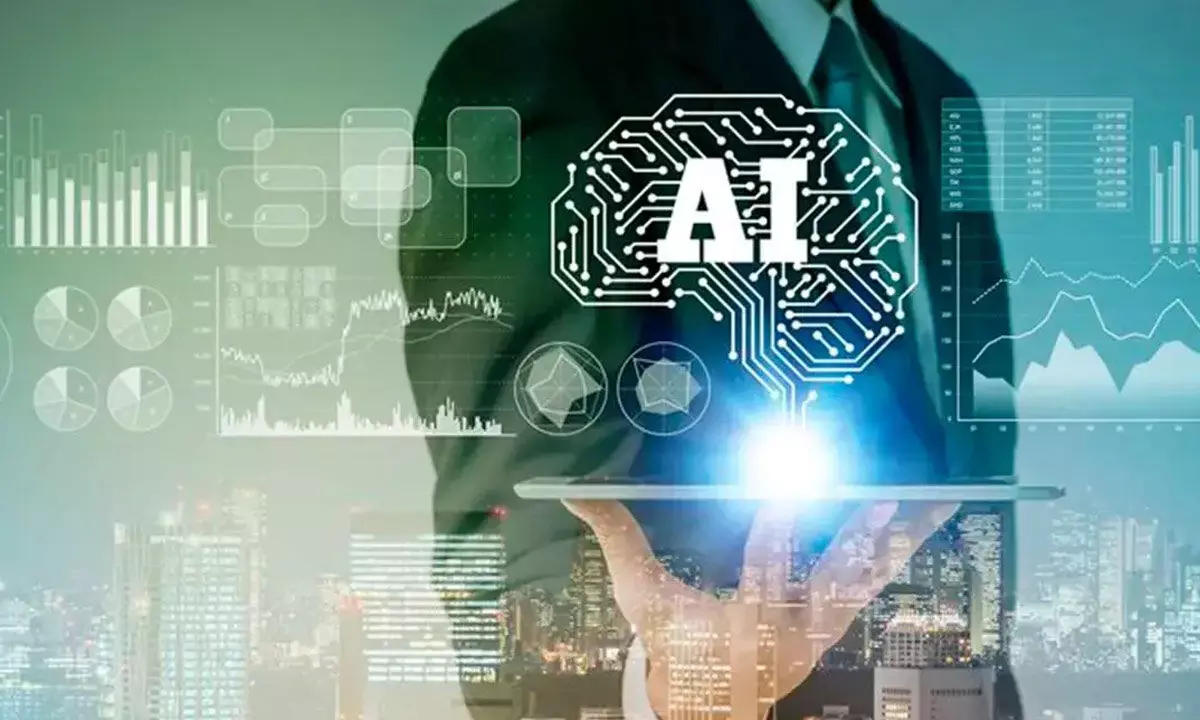AI into your hiring process

Artificial Intelligence
Integrating artificial intelligence (AI) into the hiring process can streamline recruitment, enhance decision-making, and improve the overall candidate experience.
Integrating artificial intelligence (AI) into the hiring process can streamline recruitment, enhance decision-making, and improve the overall candidate experience. With AI-driven tools, organizations can more effectively identify top talent, reduce biases, and optimize time and resources.
1. Define objectives and outcomes
Start by outlining the goals you want AI to achieve in your hiring process. Are you seeking to speed up resume screening, improve diversity, enhance candidate matching, or improve interview scheduling? Clear objectives will help determine which AI tools to implement, whether it’s an applicant tracking system (ATS) with AI capabilities, a chatbot for candidate engagement, or predictive analytics for performance forecasting.
2. Evaluate and Select AI Tools
Once you have defined your goals, research AI solutions that align with your needs. Look for tools that integrate well with your existing systems, offer user-friendly interfaces, and meet your budget. Common AI solutions for hiring include resume-parsing software, automated interview platforms, and AI-driven sourcing tools. Be sure to assess the tool’s accuracy, functionality, and potential impact on user experience, both for your HR team and candidates.
3. Ensure data privacy and compliance
Since hiring involves sensitive information, data privacy and compliance are essential when integrating AI. Ensure the selected AI tool complies with local and international regulations, such as GDPR and EEOC guidelines. Additionally, evaluate the tool’s data handling processes, such as encryption standards and retention policies, to safeguard candidate information.
4. Train HR staff and adapt processes
To maximize AI’s potential, HR staff should receive adequate training to understand how AI functions within the hiring process and how to interpret its insights effectively. This step ensures that HR personnel can efficiently work alongside AI, making informed and strategic decisions. Additionally, adjust existing workflows to incorporate AI, whether that means automating initial resume reviews or adopting AI-powered scheduling.









